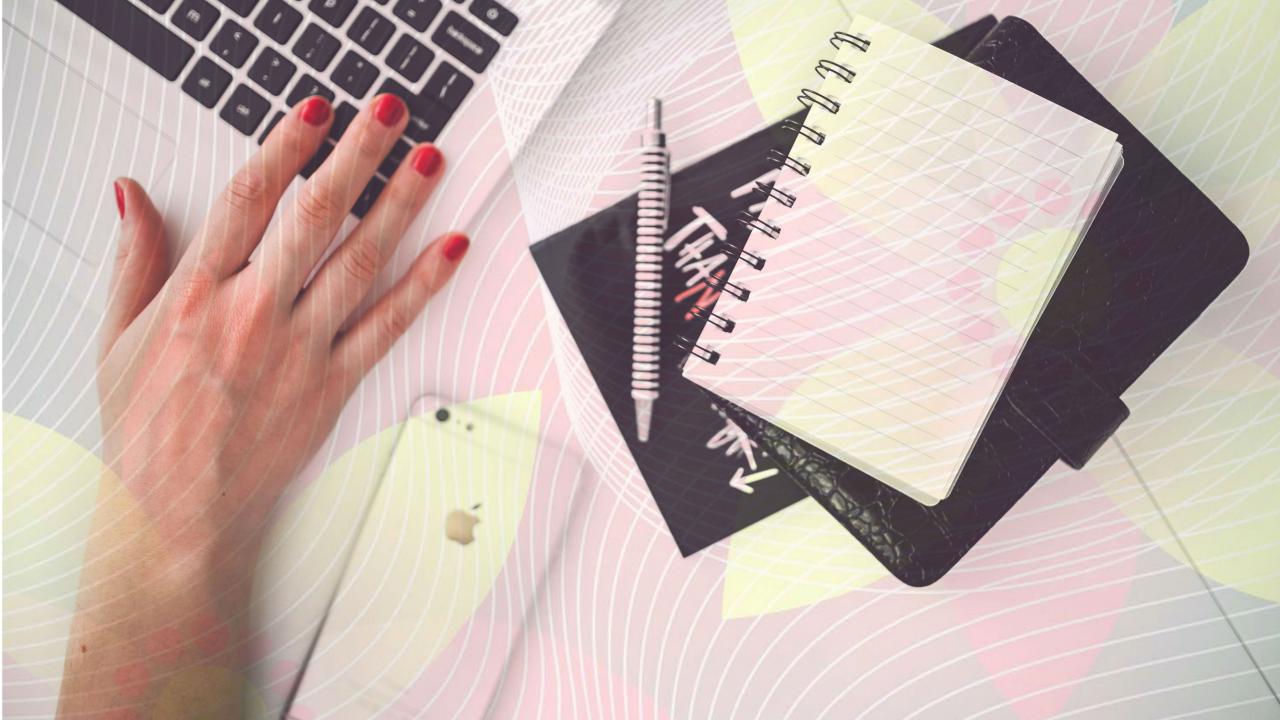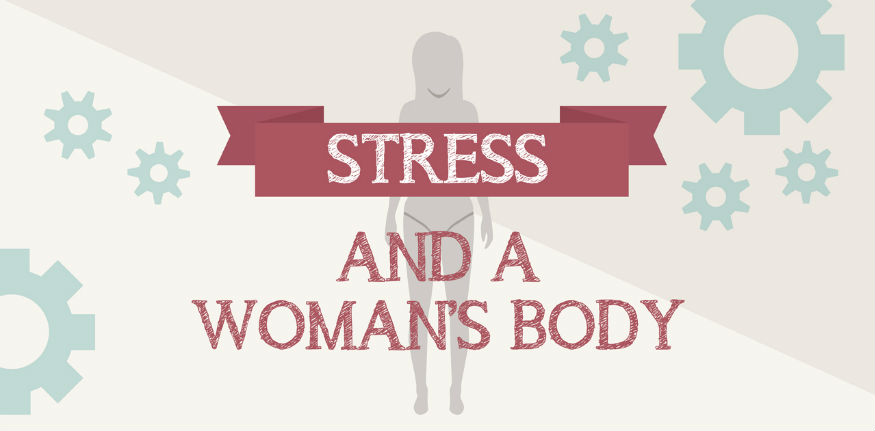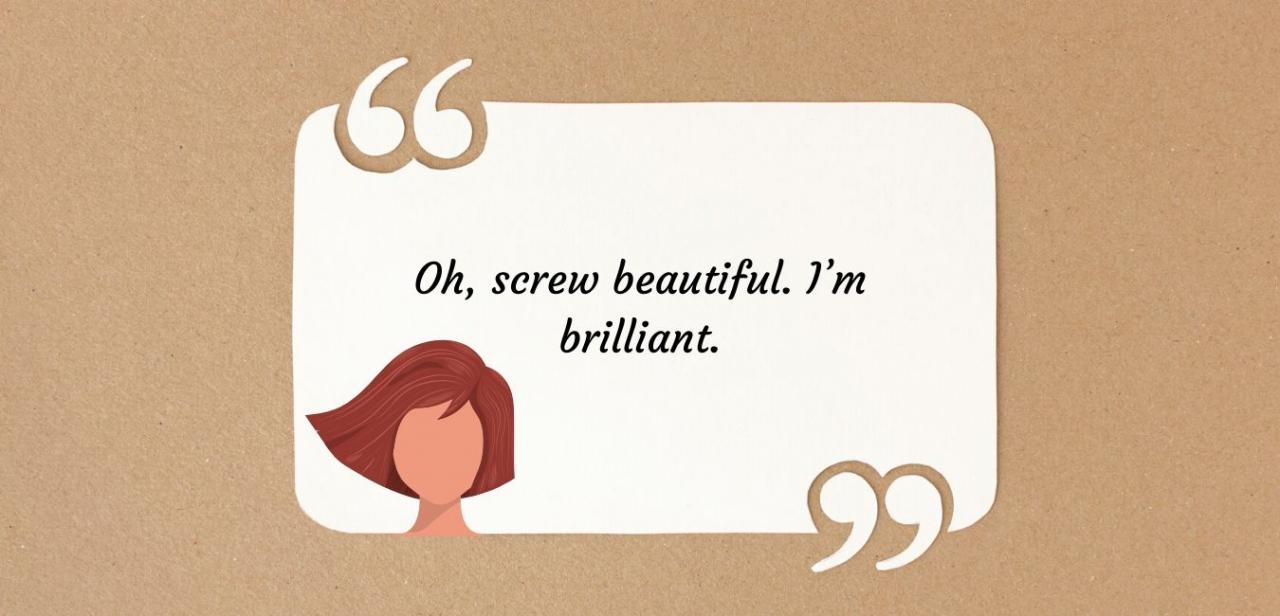 Lev Dolgachov/PhotoSpin
Lev Dolgachov/PhotoSpin
Getting a new job can cause the most wonderful feeling in the world, especially in the current economy, but sometimes new changes can also add additional stress.
If you feel a little stressed at your new job, experts have some suggestions to help you make a smooth transition.
Ramani Durvasula, a clinical psychologist and author of “You Are Why You Eat,” said in an email that it is normal to be stressed when you start a new job, because there are many reasons to be stressed.
“Expectations are high, the economy is tough, it is a time of proving oneself, of learning a new routine, meeting new people, learning new personalities, mastering a new schedule,” she said. “All of this while managing the responsibilities of day to day life.”
Stress is not the only mental health side effect of starting a new job.
“Some people may report pronounced anxiety, fatigue, difficulty sleeping, problems concentrating, and in people with preexisting conditions such as depression, may even report a worsening of those symptoms,” Durvasula said.
Stress and anxiety in small amounts aren’t necessarily detrimental, though.
“If you aren't feeling them, I would wonder if you aren't taking it seriously,” she said. “Stress and anxiety are ways of your system saying slow down, something is coming around the bend. You can use these signals to be mindful, to be organized in your new job.”
There are other ways to succeed at your new job while also enduring some stress along the way.
“Make sure you communicate so you are clear on the expectations laid out for you, and so you don't make mistakes in your assumptions,” Durvasula said. “Take the time to learn about your new coworkers and team around you. Get to know the place you work in.”
Here are a few ways she suggests relieving some of your new job stress:
1) Make sure you get enough sleep
2) Eat well and exercise
3) “Organize life as much as possible (especially the night before) so mornings aren't chaotic.”
4) “Turn to others for help when possible during the transitional phase. Let your support network know you are going through a transition so they can be there for you.”
5) “Make some pleasurable time for you.”
6) “Use those weekends well to give yourself mini-breaks and take care of you so you have the energy to manage the transition.”
Here are some ways Durvasula suggests to make your mental health a priority during this time of transition:
1) Give yourself a break.
2) Don’t be your own worst critic.
3) Be mindful and think about how you react and respond to situations.
4) “Even if time is tight, you can still take five minutes to breathe or meditate.”
5) “If you are in therapy, this is a good time to continue it so you have a place to discuss fears and feelings.”
6) “Self care is critical.”
Lisa Bahar, a licensed marriage and family therapist, said in an email that stress at a new job can be useful because it motivates employees and makes them work more effectively. A new job can also relieve anxiety once you master new skills and pay your bills, along with meeting new people.
“The positive is that the individual finds meaning perhaps and purpose, feels valued, is engaged in life and not excluded, is needed and feels as though there is worth to their life, that they can offer a skill that others value which engages them in a way that may have gone stagnant due to lack of employment,” Bahar said.
But sometimes it can have the opposite effect.
“Anxiety related to expectations and learning a new task can be challenging to deal with, as well as depression of feeling inadequate,” Bahar said. “On the other hand, the opportunity can relieve these symptoms if the individual has a strong social, spiritual and family support.”
She said there can also be some struggles with social anxiety, because for some people it takes more time to get adjusted and comfortable working with new people.
Bahar added that the best way to cope with stress is to be your own cheerleader. Engage in self-care and give yourself positive affirmations that you are doing well. She said to also make sure to take your lunch and breaks, and leave work on time.
“Continue and don't impulsively leave the job, make sure you start what you finish, give yourself plenty of affirmations, acknowledge your accomplishments, smile gently and remind yourself you are valued no matter what,” she added.
Bahar also stressed that even if your job isn’t what you were expecting it to be, give yourself some time to adjust properly before you start looking elsewhere.
Sources:
Durvasula, Ramani. Email interview. March 19, 2013.
Bahar, Lisa. Email interview. March 19, 2013.
Reviewed March 21, 2013
by Michele Blacksberg RN
Edited by Jody Smith




Add a Comment2 Comments
In this case, I agree with the comment by anonymous above which will minimize the mental stress that you gonna face. All the best. The Doctors Note Site.
March 29, 2013 - 12:53pmThis Comment
I think if it is a new job, you need to take things slow in order to maintain some stability first and then explore your potential to the fullest. This will cause you to stress less and it's the best. self defense lesson
March 23, 2013 - 4:54amThis Comment